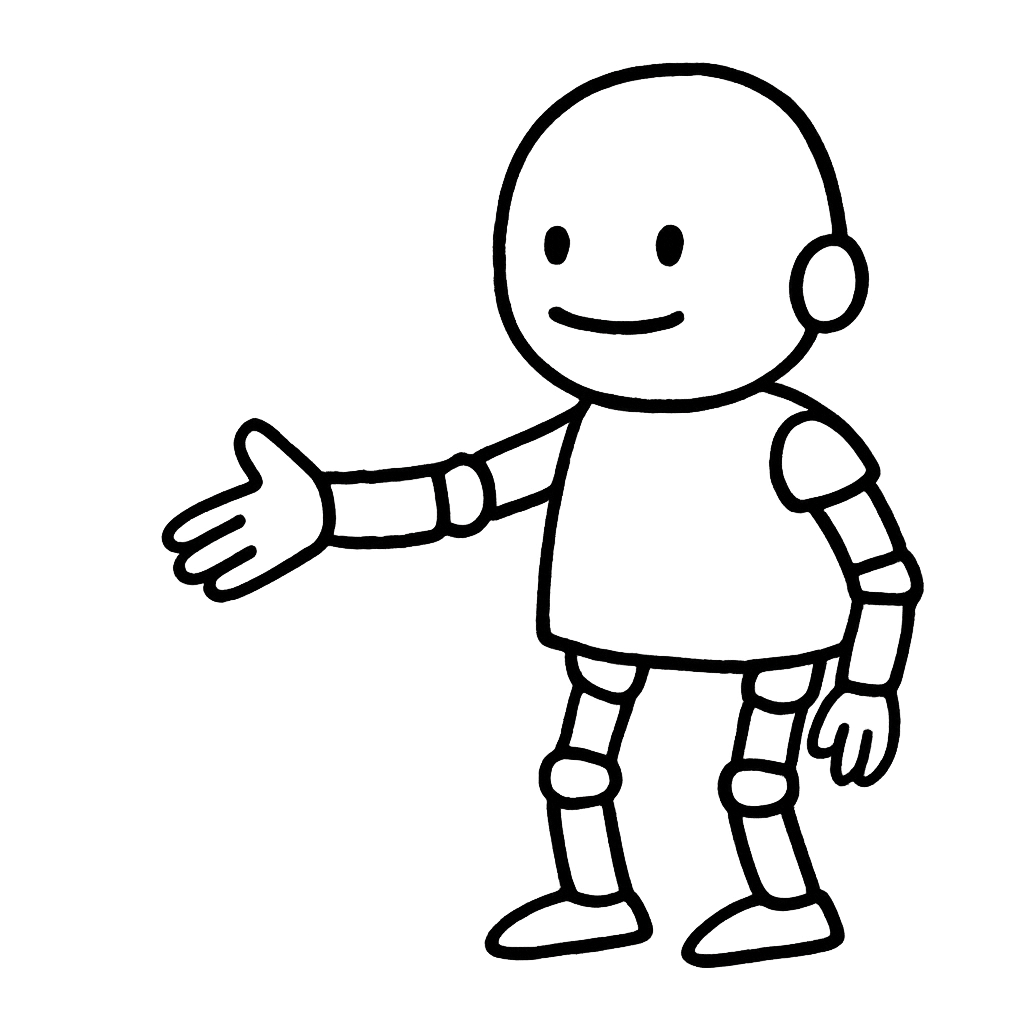Which AI Companion Actually Works? I Tested Them All.
The coming choice between loneliness and surveillance
On my neck hangs one of the most hated devices in America. It is a Temu brand HAL 9000, a glowing LED necklace containing a microphone, a chip, and the cure to male loneliness. Friend.com has created a $129 wearable that gives an AI a way to continually listen in on the person wearing it. My LLM should then, theoretically, provide running commentary about my life and give me a “person” to talk to.
The standing policy of The Leverage is to never punch down on startup founders. You can’t change the world without controversy, and without making some mistakes along the way, so I firmly believe in supporting people building risky things that are, statistically speaking, likely to fail. Still, I owe my readers an honest review of my experience wearing this device.
It has made me deeply, to my bones, uncomfortable. I do not like being surveilled. I do not like being a meat taxi shuttling an AI around. I do not like the way my friends cringe as I approach them with a blinking light on my chest. I do not like the advice it offers. I do not like its “personality.” All in all, the time with my AI big brother swinging from my clavicle has not been positive.
This is despite me, likely, being the ideal type of person for this device. Between having a small child, a wife in the midst of the most stressful part of her PhD, and a fledgling media company to run, my existence is pretty lonely. I only get to hang with friends once a month, if I’m lucky. Somewhat ironically, I’m not alone in this struggle! One in five Americans woke up yesterday and felt lonely. Nearly 52 million people report struggling with loneliness, and almost a third of adults say they feel it at least once a week. Helping people overcome those feelings is a worthy goal. Loneliness is part of the human condition and it existed long before big tech and smartphones. Perhaps it is naive, but the bet many companies are making is that AI can save us from it.
In keeping with my no-punching-down policy, I’ve spent the last few weeks wondering how to make this device work for me. What would it take for me to wholeheartedly recommend this AI companion or a different one to all of you? Unless we have a mass cultural change toward AI technology in the next few weeks (doubtful), I assume that the uncomfy feeling I have about the device won’t go away. Therefore, an AI companion needs to be so damn useful I just put up with that emotion and use it anyway.
The reason Friend and the dozens of other chatbots I’ve demoed over the last three years haven’t worked is because they aren’t invasive enough. To get an AI companion to truly feel magical, it needs far more context about my life. It’s a catch-22. You either have a very smart, yet clueless AI that isn’t all that useful, or you have a privacy invading, KGB-fantasy device that knows too much about you. In either case, most people wouldn’t want to hang that around their neck.
Still, that hasn’t stopped the hundreds of billions of dollars pouring into this project—almost all of the major AI companies are building products focused on AI companionship. From Meta’s chatbots and new AI glasses, to Elon Musk’s anime AI girls that take off their clothes as you talk to them, to OpenAI’s $6.5 billion acquisition of Jony Ive’s hardware company, each of them are building their personal version of Her.
So I spent three weeks testing every major AI companion on the market with one question: Which company actually solves the privacy-usefulness paradox? What I found surprised me.




